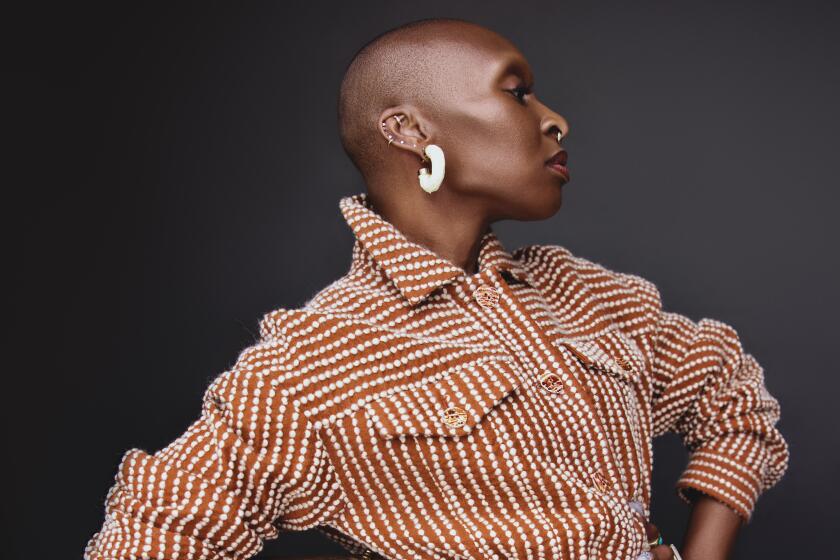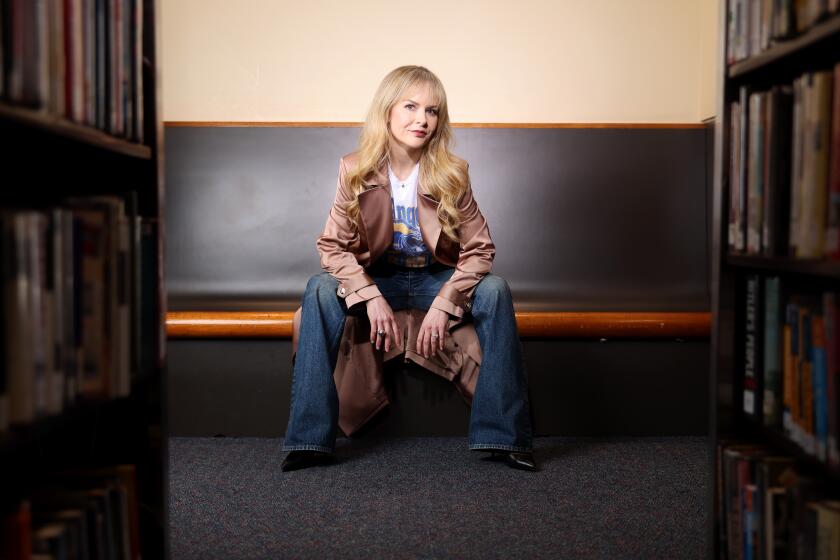CLASSICAL REVIEW : La Jolla SummerFest ’88 Concerts Conclude on Anticlimactic Note
- Share via
LA JOLLA — SummerFest ‘88, the La Jolla Chamber Music Society’s conspicuously well-attended 11-day festival, took its final curtain calls Tuesday night at Sherwood Auditorium. Festival artistic director Heiichiro Ohyama took the podium and led the San Diego Chamber Orchestra in a pleasant potpourri of Mozart, J. S. Bach and Ernest Bloch.
With only a tangential relationship to the chamber music festival, the program seemed like a postscript rather than a grand finale. Two of SummerFest’s more notable participants, oboist Allan Vogel and violinist Thomas Zehtemair, shared the spotlight in Bach’s D Minor Concerto for Oboe and Violin. Vogel’s plaintive lines complemented Zehtemair’s stylish, sweet-toned arabesques, and Ohyama kept the orchestra suitably restrained. These soloists and Ohyama were the only performers 1869488244who made up this season’s SummerFest.
The festival had reached its emotional peak in the two concerts over last weekend: a frenzied but exciting performance of Brahms’ G Minor Piano Quartet on Sunday and Saturday’s transcendent interpretation of the Schubert E-flat Piano Trio. Tuesday’s orchestral program failed to attain such heights, although, at the end of the evening, Ohyama attempted to crank up the final movement of Bloch’s Concerto Grosso No. 1 to Olympian proportions at the orchestra’s expense. The sunny cadences of Mozart’s Symphony No. 29, the program opener, ambled along at a relaxed pace, showing the chamber orchestra’s better virtues. After intermission, Ohyama indulged a lush rendition of Bach’s Air from the Third Orchestral Suite.
Ohyama, who is the Los Angeles Philharmonic’s assistant conductor as well as its principal violist, is no wizard on the podium. He works up a frenzy for dramatic climaxes, but usually settles for the role of genial time-beater. Nevertheless, he elicited from the local chamber orchestra a pleasing, unforced string timbre and buoyant responsiveness that the orchestra’s resident conductor, Donald Barra, has rarely approached.
SummerFest ’88 lacked the overall excitement and urgent musical conviction of the festival’s first two seasons. The caliber of the musicians remained strong, but Ohyama’s programming formulas need more than a touch of imagination. He could make greater strides to break out of his Germanic, i.e. Mozart to Brahms, rut, and next year’s program deserves more than a token composition by an American composer. Perhaps a composer in residence, a typical facet of summer festivals, could add the flavor of the contemporary music scene to the festival’s programming mix. With SummerFest’s highly praised track record, this is no time for the La Jollans to sit on their laurels.
More to Read
The biggest entertainment stories
Get our big stories about Hollywood, film, television, music, arts, culture and more right in your inbox as soon as they publish.
You may occasionally receive promotional content from the Los Angeles Times.










